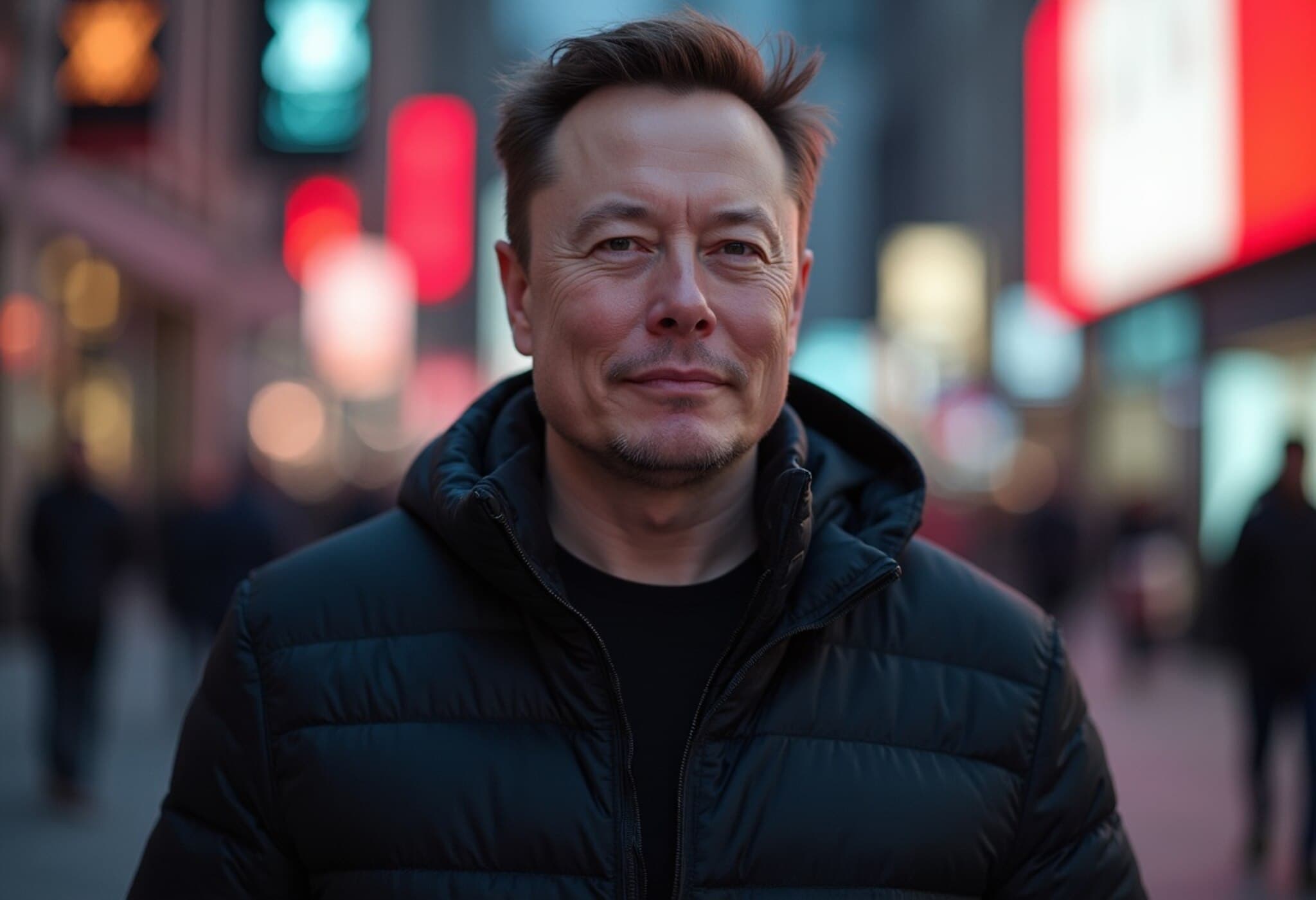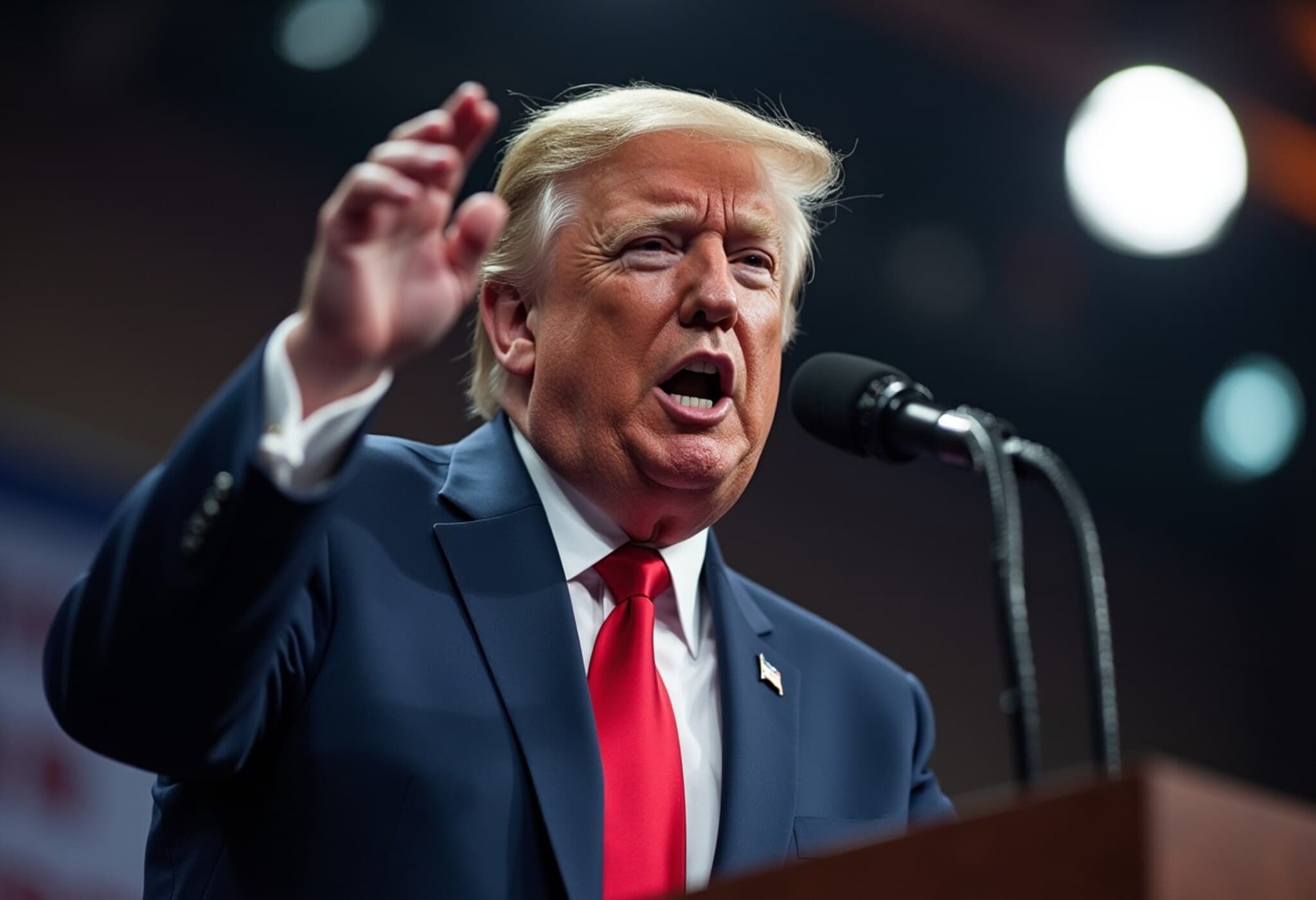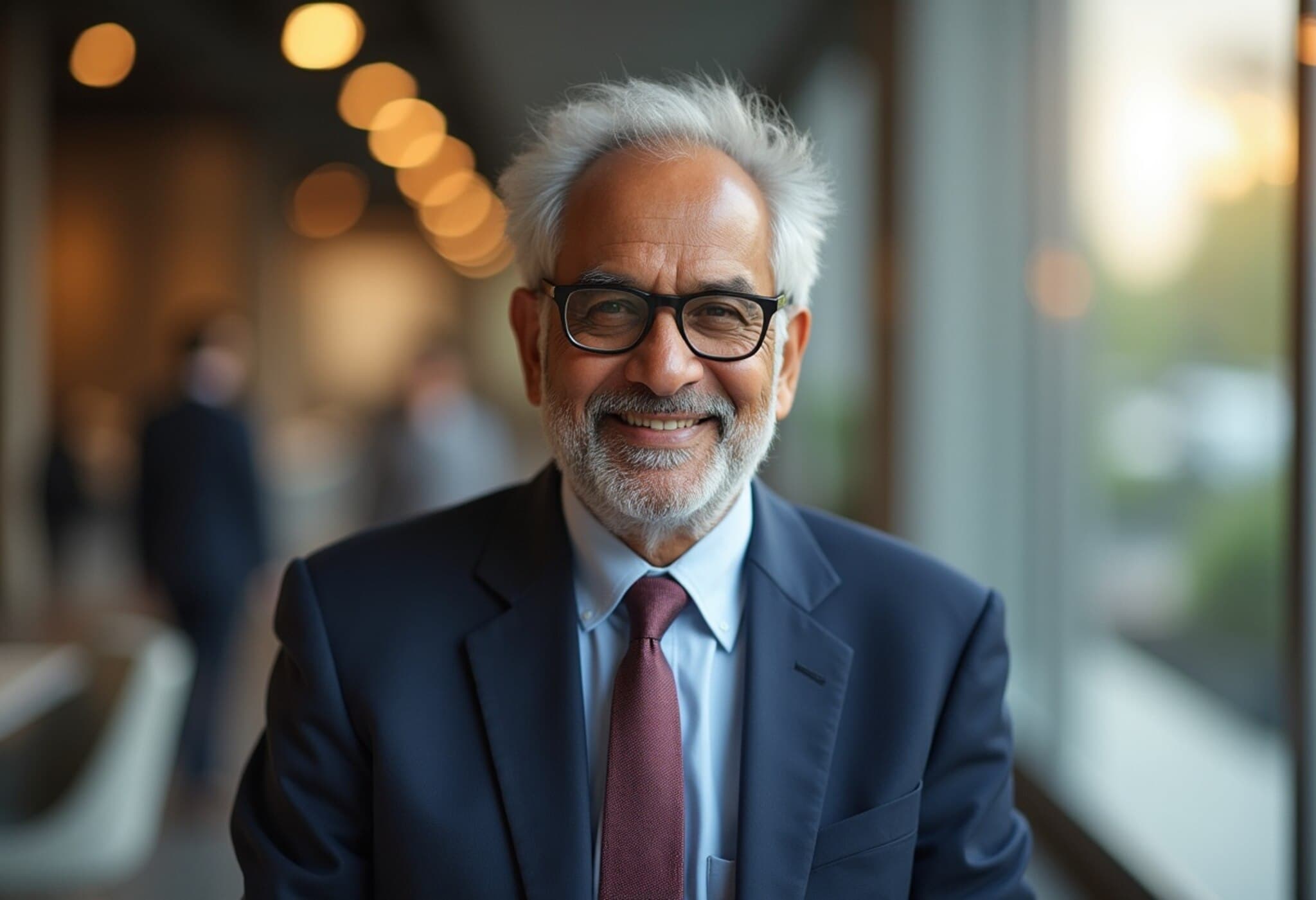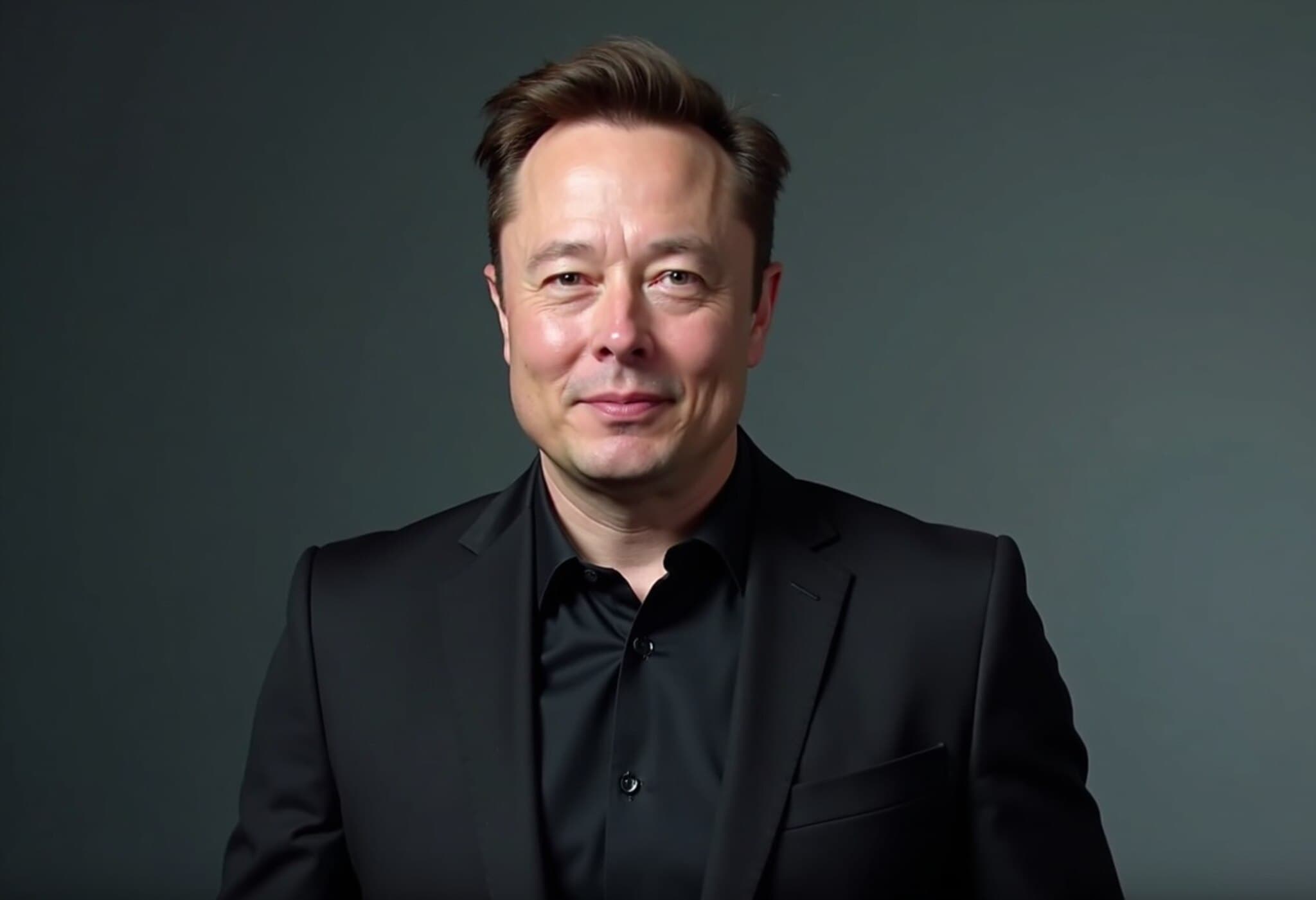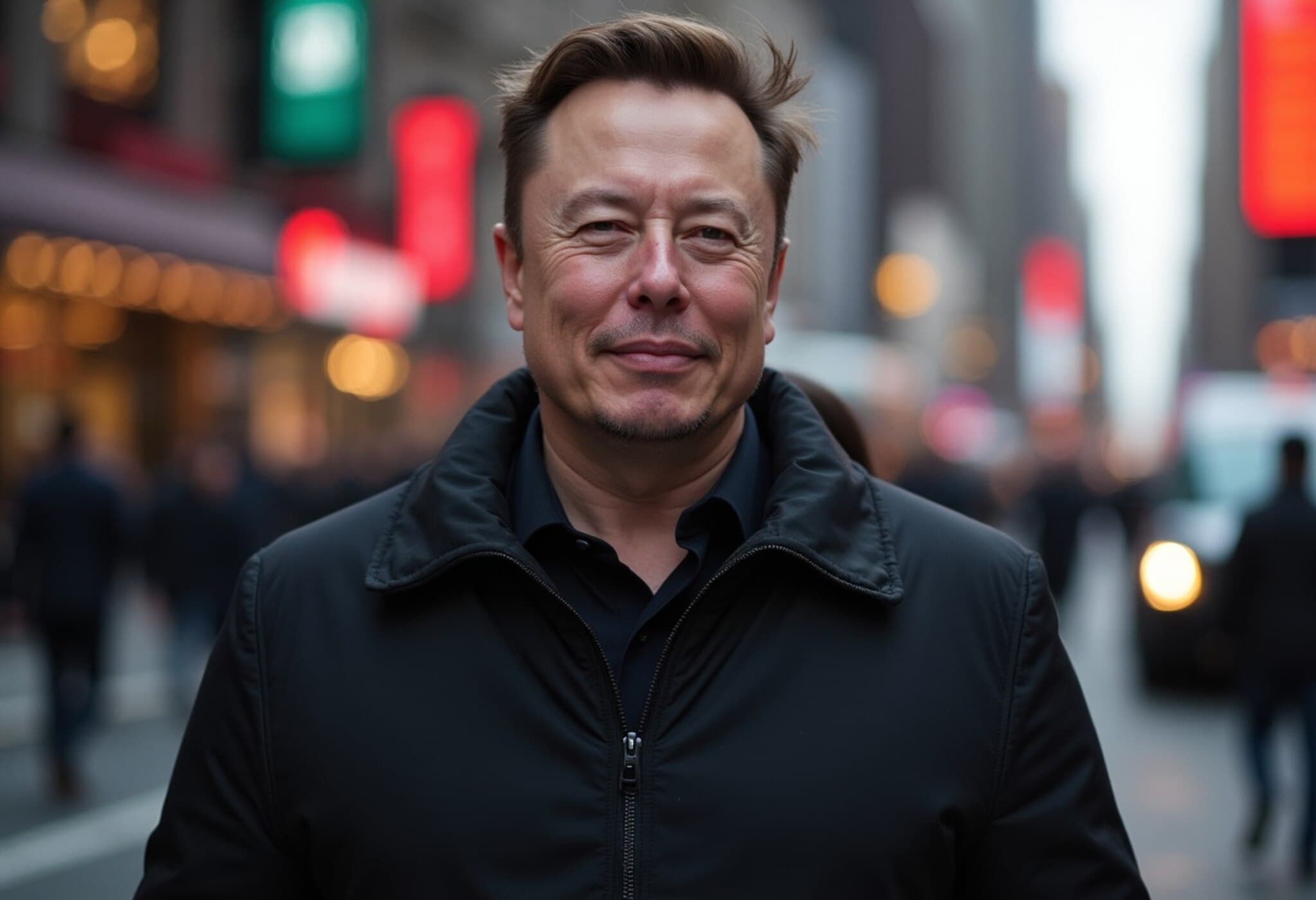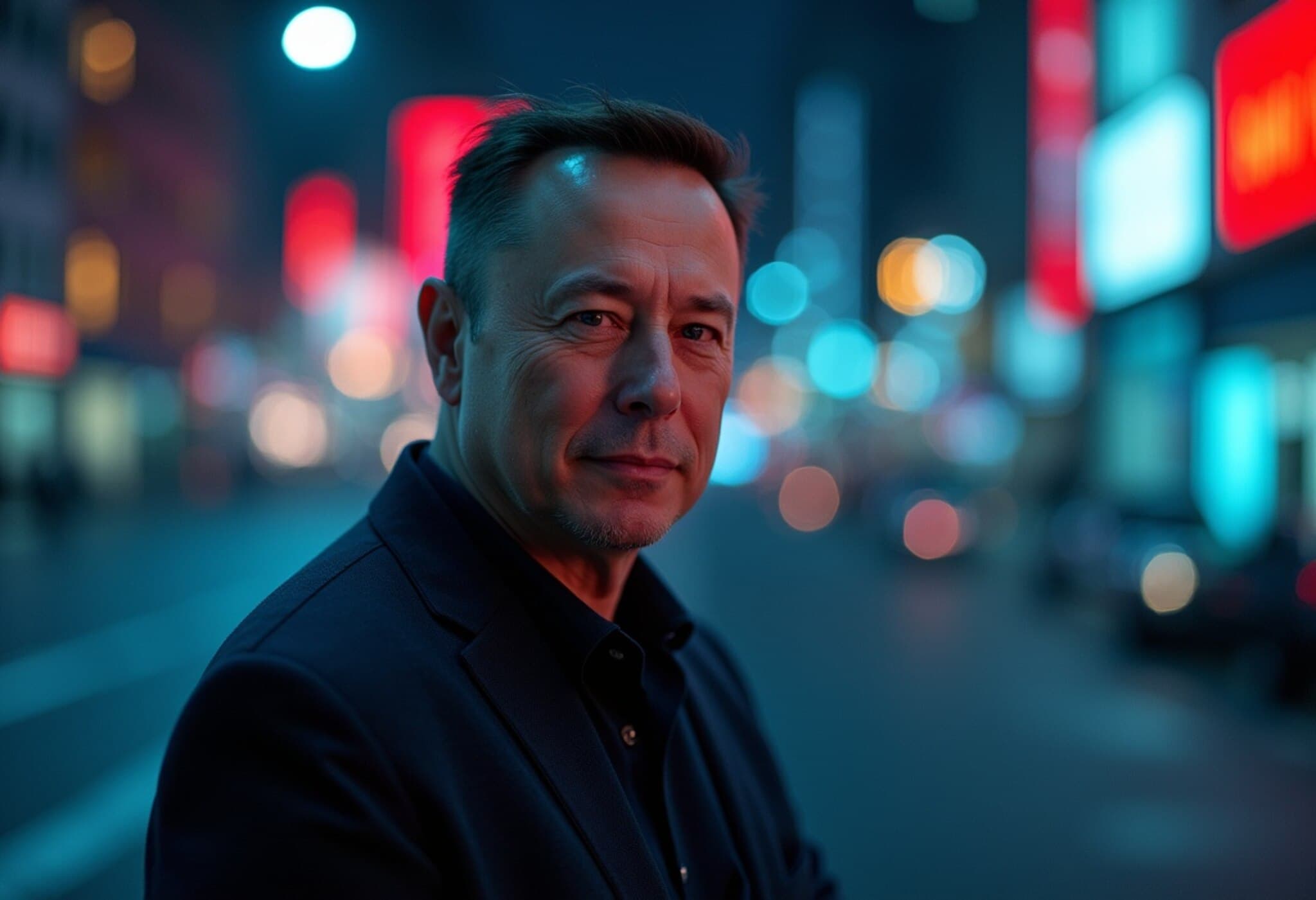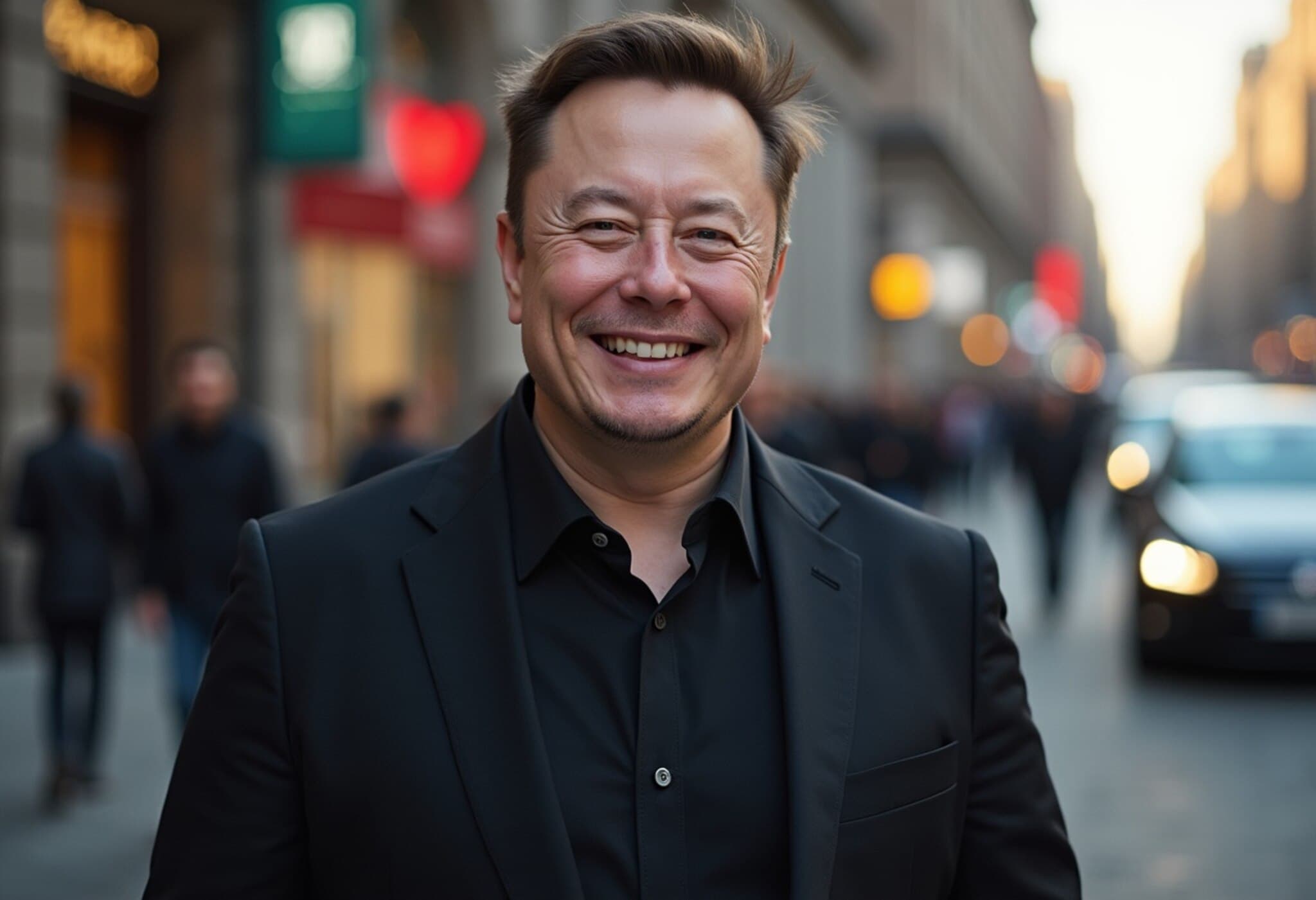Elon Musk’s X Takes a Stand Against UK Online Safety Regulations
The social media platform X, owned by visionary entrepreneur Elon Musk, has publicly voiced strong reservations about the United Kingdom’s recently enacted Online Safety Act. While the Act aims to create a safer digital environment, particularly for children, X warns that its sweeping regulations risk undermining free expression on the platform.
Balancing Child Protection and Free Speech
The core of the Online Safety Act focuses on ensuring that users—especially minors—are protected from harmful content online. Among its key provisions is a mandatory age verification system that websites must implement, including social media and adult content providers, designed to shield children from explicit or violent material.
In response, X has introduced its own age verification processes as a compliance measure. However, the platform remains alarmed at the potential consequences of the law's broad scope. In a recent statement, X cautioned that the overly stringent regulations could inadvertently pressure companies to over-censor online content, threatening the democratic ideal of open dialogue.
“Free speech will suffer. The Act’s laudable intentions are at risk of being overshadowed by the breadth of its regulatory reach,” X stated, urging the government for a more balanced and collaborative approach.
The Heavy Price of Non-Compliance
The UK government has signaled zero tolerance for breaches of this legislation. Companies that fail to meet the new safety standards can be fined up to £18 million or 10% of their global turnover. For a platform like X, this penalty could scale up to a staggering £200 million, underscoring the seriousness with which regulators are enforcing the law.
Ofcom, the UK’s media regulator, has already stepped up its oversight, investigating numerous websites that have yet to implement these measures and issuing reminders to international players like X about their legal obligations.
Concerns Over Government Surveillance and Content Monitoring
X’s criticisms extend beyond age verification to provisions permitting law enforcement to monitor social media for content deemed anti-immigrant. The platform argues that such measures overreach the act's original purpose of child protection and risk suppressing legitimate public discourse.
This viewpoint echoes Elon Musk’s earlier condemnation of the law, which he described as a “suppression of the people.” Musk has further demonstrated his opposition by endorsing a public petition advocating for the repeal of the legislation—a campaign that has attracted over 450,000 signatures so far.
Official Responses and Sectional Support
Countering X’s objections, Ofcom maintains that the law is carefully calibrated. A spokesperson emphasized that the regulations do not require removal or censorship of lawful adult content, but rather enforce necessary protections for vulnerable users. They highlighted the nuanced challenge: “Carefully balancing freedom of expression with public safety is at the heart of these regulations.”
Expert Insights: Navigating Free Speech in the Era of Online Safety
From a policy perspective, the clash between X and the UK government epitomizes the complex landscape regulators face worldwide. On one hand, protecting children and vulnerable groups from harmful online content is an undeniable public priority. On the other, ensuring that such protection does not morph into intrusive censorship is critical for democratic societies.
American legal experts note that similar debates have emerged in the US, where platforms juggle their content moderation responsibilities under Section 230 of the Communications Decency Act and increasing calls for accountability.
Moreover, the threat of disproportionately large financial penalties can incentivize platforms toward excessive self-censorship—not because content is illegal, but out of fear of regulatory backlash. This dynamic raises critical questions about whether lawmakers have adequately weighed the chilling effects such laws may have on free speech and innovation in digital spaces.
Looking Ahead: The Future of Online Speech Regulation
As online platforms evolve, so too must the frameworks that govern them. The UK’s Online Safety Act represents a pioneering yet polarizing attempt to set global benchmarks for digital responsibility. How the government and platforms like X negotiate these tensions will likely set precedents with ripple effects across the tech industry worldwide.
For users and policymakers alike, this debate underscores the need for transparent, balanced dialogue that safeguards vulnerable populations without compromising the open exchange of ideas that defines the internet age.
Editor’s Note
The confrontation between X and UK regulators sheds light on a larger, ongoing conversation about digital rights, safety, and governance. While the Online Safety Act prioritizes protection, it also raises urgent questions about the boundaries of regulation and freedom. Readers are encouraged to reflect on the fine line between ensuring safe online spaces and preserving the essential human right to free expression in a digital world increasingly shaped by corporate and government power.

